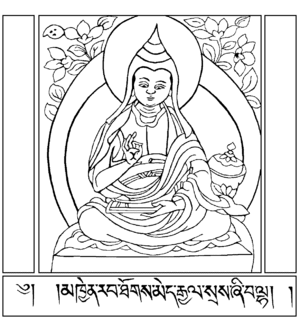A Quote by Dalai Lama
We are social animals. Others' suffering is ultimately your suffering; their happiness is ultimately your happiness.
Related Quotes
One of the most important lessons to learn about relationships is that it is not another person’s job to make you happy. Your happiness is not someone else’s job. Until you realize this, you will always be dissatisfied with your relationships. Ultimately, your relationship with others mirrors your relationship to happiness.
So long as space remains, So long sentient beings' suffering remain, I will remain, In order to help, in order to serve... I am nothing but a servant to provide to others. So if you provide some happiness, some comfort to others, then your life becomes meaningful. If your life creates problems or suffering to others, then there's no meaning to your existence.
Within the framework of the Buddhist Path, reflecting on suffering has tremendous importance because -realizing the nature of suffering, you will develop greater resolve to put an end to the causes of suffering and the unwholesome deeds which lead to suffering. And it will increase your enthusiasm for engaging in the wholesome actions and deeds which lead to happiness and joy.
A look filled with understanding, an accepting smile, a loving word, a meal shared in warmth and awareness are the things which create happiness in the present moment. By nourishing awareness in the present moment, you can avoid causing suffering to yourself and those around you. The way you look at others, your smile, and your small acts of caring can create happiness. True happiness does not depend on wealth or fame.
Human beings are not intrinsically selfish, which isolates us from others. We are essentially social animals who depend on others to meet our needs. We achieve happiness, prosperity and progress through social interaction. Therefore, having a kind and helpful attitude contributes to our own and others' happiness.
We begin from the recognition that all beings cherish happiness and do not want suffering. It then becomes both morally wrong and pragmatically unwise to pursue only one's own happiness oblivious to the feelings and aspirations of all others who surround us as members of the same human family. The wiser course is to think of others when pursuing our own happiness.
Why do men learn through pain and suffering, and not through pleasure and happiness? Very simply, because pleasure and happiness accustom one to satisfaction with the things given in this world, whereas pain and suffering drive one to seek a more profound happiness beyond the limitations of this world.
Use all your suffering for meditation, and soon you will come to know that the suffering disappears because the energy starts moving inwards. It is not moving to the periphery, to the suffering, you are not feeding your suffering. It looks illogical, but this is the whole conclusion of all the mystics of the world: that you feed your suffering and you enjoy it in a subtle way, you don't want to be well—there must be some investment in it.



































